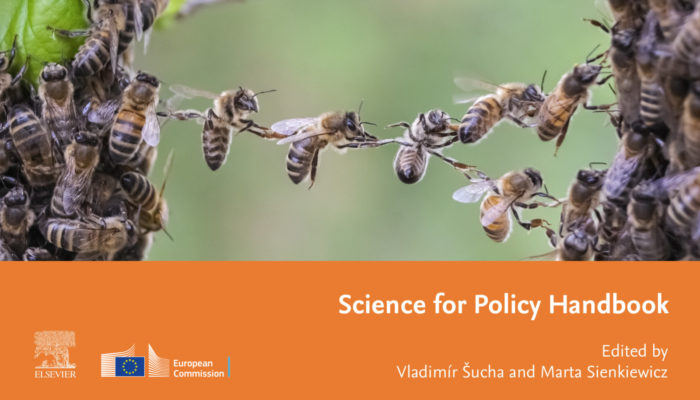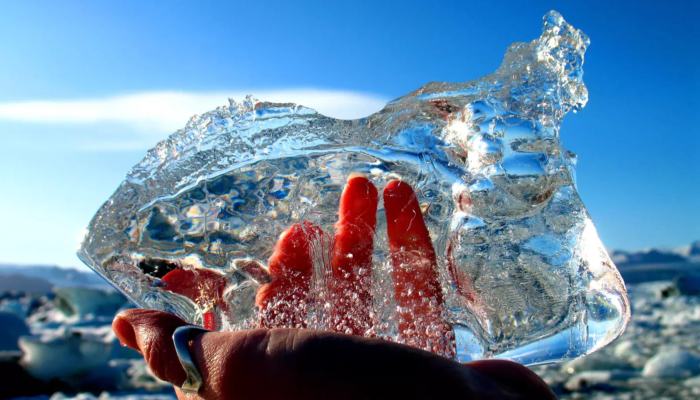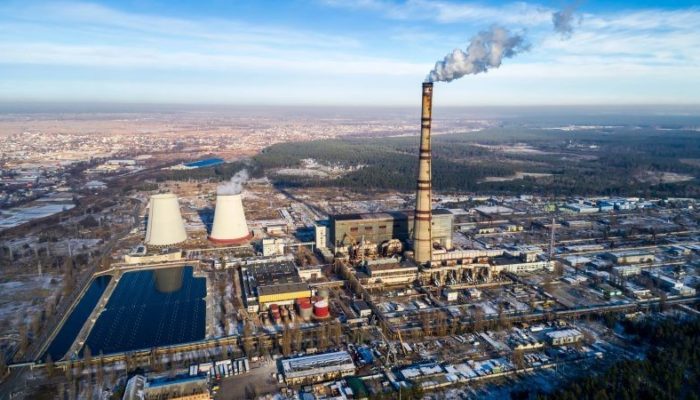The EGU sponsors an annual science-policy pairing scheme each year to help promote a culture of evidence-informed policymaking and encourage stronger science-policy partnerships! The EGU’s 2020/21 pairing scheme was slightly different from normal, being run virtually rather than in person as a result of the COVID-19 restrictions. This month’s GeoPolicy blog post is written by Renée Bic ...[Read More]
GeoPolicy: How to achieve policy impact
Last year, the European Commission’s Joint Research Centre (JRC) published their Science for Policy Handbook that provides advice on how to bring science to the attention of policymakers. The Handbook is divided into 19 Chapters covering different areas of science for policy as well as some of the challenges that scientists face when engaging with policy and potential solutions. This month’s GeoPo ...[Read More]
GeoPolicy: Atmospheric Sciences and Climate: Past, Present & Future Divisions welcome the US back into the Paris Climate Agreement
As of 19 February 2021, the US officially re-joined the Paris Climate Agreement, a landmark international accord to limit global warming by 2°C (and ideally to 1.5°C) compared to pre-industrial levels. The Paris Climate Agreement aims to bring the world together to avoid catastrophic warming that will impact us all and to build resilience to the consequences of climate change that we are already s ...[Read More]
GeoPolicy: Europe’s Waste Policy – using Incinerator Bottom Ash and reducing landfill
Although you may not realise it, waste and the circular economy is an important topic for many geoscientists. Our consumption drives the need for resources and sustainable resource extraction, while disposing and reducing this waste requires a wide range of expertise and impacts the environments in which many scientists undertake their research. On a more personal level, understanding what happens ...[Read More]




